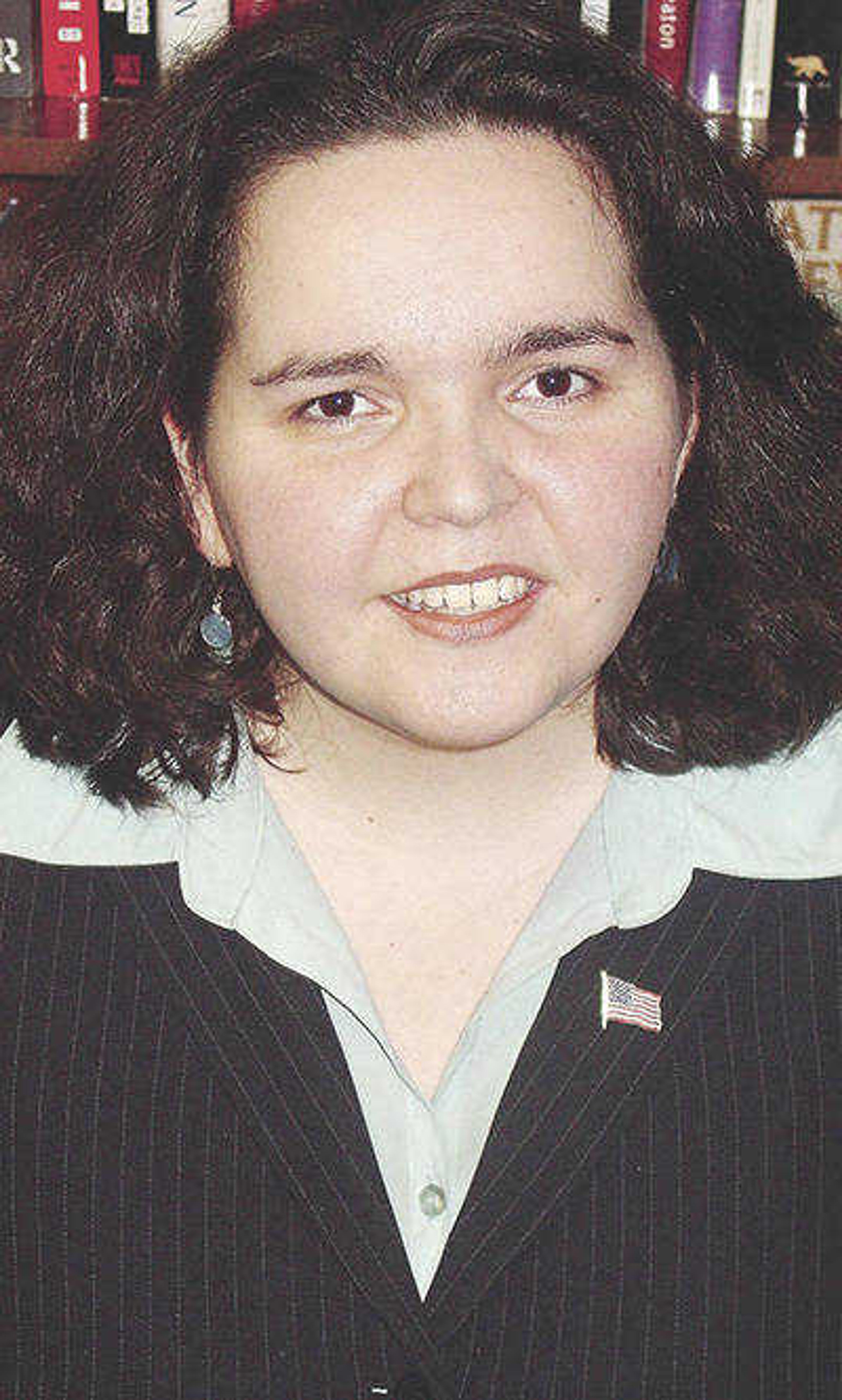Find love in dark times
You can get lost in the Auschwitz Memorial Twitter feed. When I visited that infamous German World War II concentration camp during the summer before our last presidential election, I had the overwhelming feeling that we were forgetting its terrible example -- that we could fall into such evil again. With the recent violence in the streets, in homes, on television and even in human hearts, that's become a familiar feeling...
You can get lost in the Auschwitz Memorial Twitter feed. When I visited that infamous German World War II concentration camp during the summer before our last presidential election, I had the overwhelming feeling that we were forgetting its terrible example -- that we could fall into such evil again. With the recent violence in the streets, in homes, on television and even in human hearts, that's become a familiar feeling.
The power of the Auschwitz Memorial's social media presence is in the names and faces. At least 6 million people died in the Holocaust. They were men, women and children. They had names and stories.
A few examples from recent tweets:
"18 September 1942: A transport of 70 men arrived at #Auschwitz from Cracow: 67 Poles, 1 Roma, 1 Jew & 1 Ukrainian. Among them was Mieczyslaw Dziob (no. 64258). He escaped on 16 October. A year later he was captured, transferred back to the camp and shot on 28 September 1943."
"18 September 1911: Polish Jewish woman Chana Lewin was born Biala Podlaska. She emigrated to France. In July 1942 she was deported from Drancy to #Auschwitz. She did not survive."
"18 September 1932: French Jewish girl Rosa Farber was born in Paris. On her 10th birthday she was deported from #Drancy to #Auschwitz. She was murdered in a gas chamber ..."
Every now and again, you get a surprise -- someone who made it out of hell alive: "18 September 1915: Pole Stanislaw Zygula was born in Skopanie. A land surveyor. He was deported to #Auschwitz from Tarnow on 14 June 1940 in the first transport of Poles to the camp ... On 18 October 1944 he escaped. He survived the war."
Do take a look at the Twitter account, at @AuschwitzMuseum, so you can look at the faces of the dead and better take in the scope of the tragedy.
Here in the United States, we have been consumed with death because of COVID-19. The pandemic has been horrible, especially so as people have died of coronavirus because of bad government decisions, at both the state and federal level. In my home state of New York, Gov. Andrew Cuomo has abandoned elderly people in nursing homes to the ravages of the disease. The pandemic has proved that for many people in the United States, some peoples' lives matter less than others.
Nearing the half-century mark on Roe v. Wade, the Supreme Court decision that cleared the way for legal abortion, it's clear that unborn lives don't matter in our law. There has been some chipping away at that total abortion license, but there are miles to go if we are going to truly protect the vulnerable.
It was around this time last year when I unexpectedly saw a young woman leave a Planned Parenthood after having had an abortion. She looked hollow. She looked like life had been sucked out of her. Because it had been. We should be protecting her from having to do that. Abortion has done such damage in America. Misery overflows onto the streets from it.
The Washington Post had a report in recent days with the headline: "Pandemic isolation has killed thousands of Alzheimer's patients while families watch from afar." The extreme isolation is having an impact that I don't know if we will ever be able to fully comprehend. How many of us, even in the best of circumstances, have struggled in ways we would have never anticipated? Now consider people with chronic conditions, people who are prone to depression, people who are alone. The list goes on. I keep hearing about suicides. Please, please, please, know you are loved.
Start looking at names and faces -- insist on names and faces. Do not forget, or it will happen again. Every single human life matters, and is a precious jewel. It's when we don't communicate this in our laws and eyes and words and actions -- and social media -- then we get ourselves into a dark place of death again.
klopez@nationalreview.com
Connect with the Southeast Missourian Newsroom:
For corrections to this story or other insights for the editor, click here. To submit a letter to the editor, click here. To learn about the Southeast Missourian’s AI Policy, click here.










